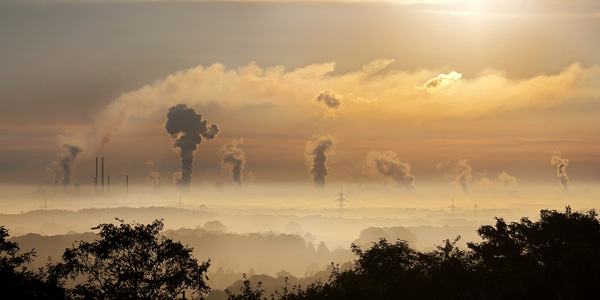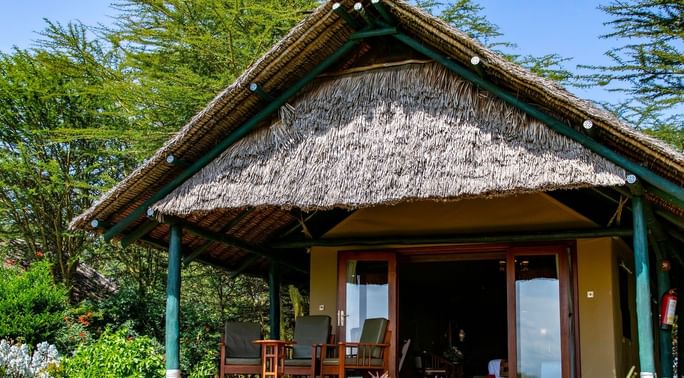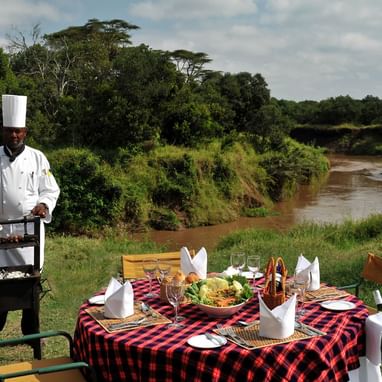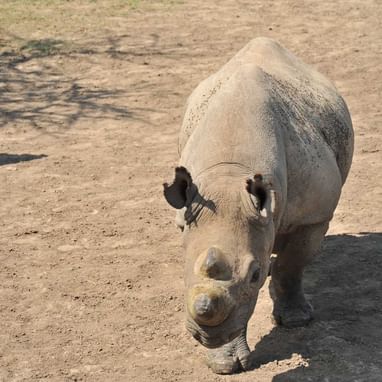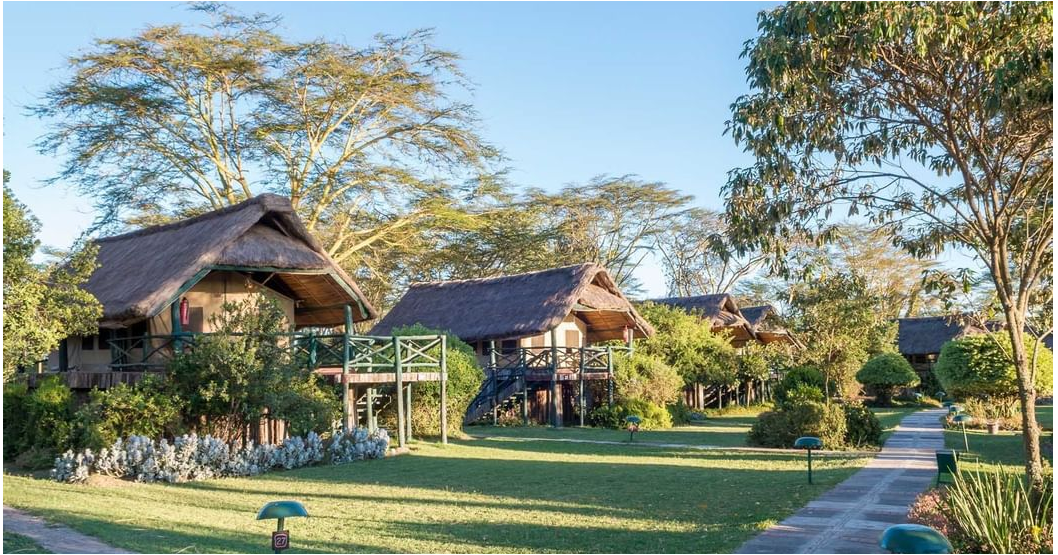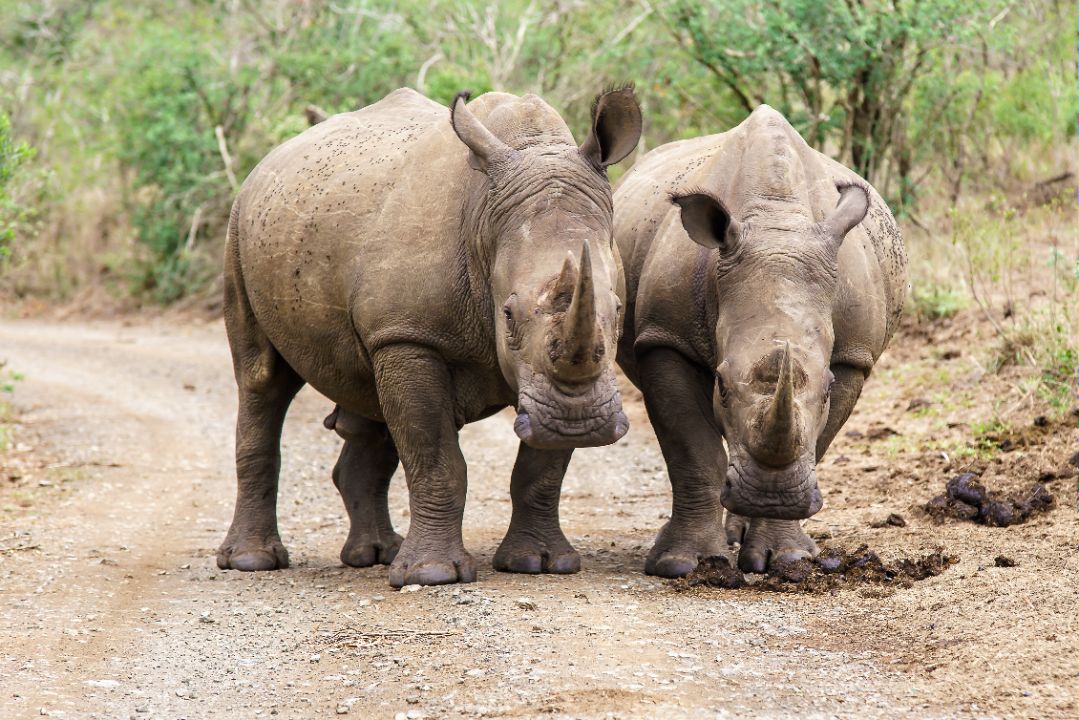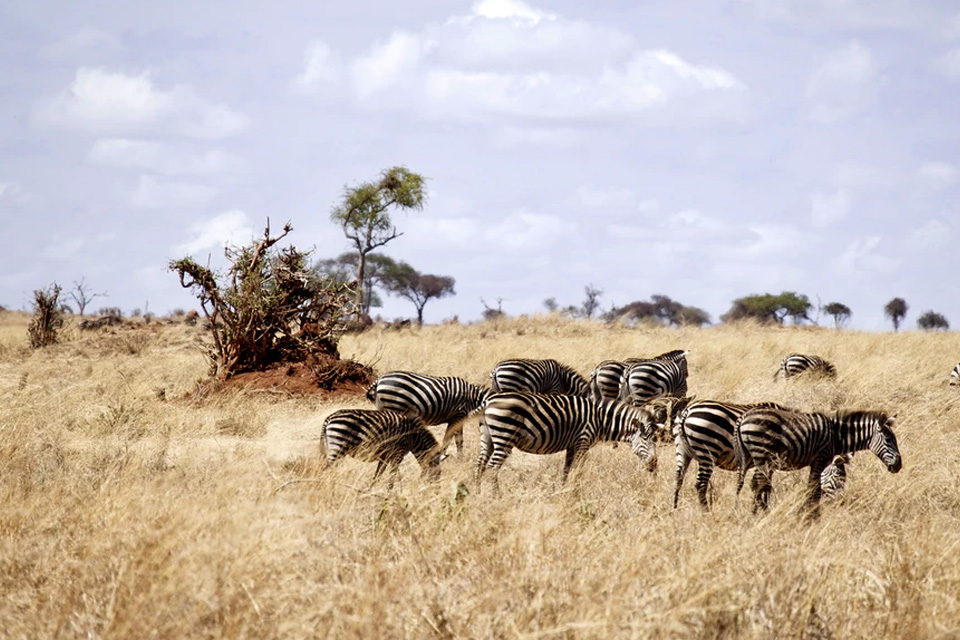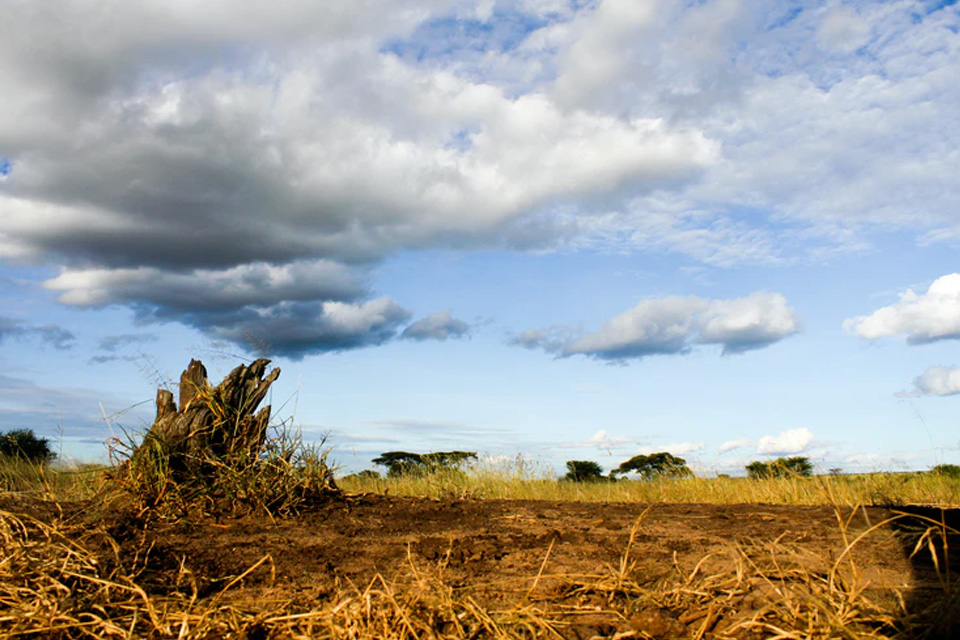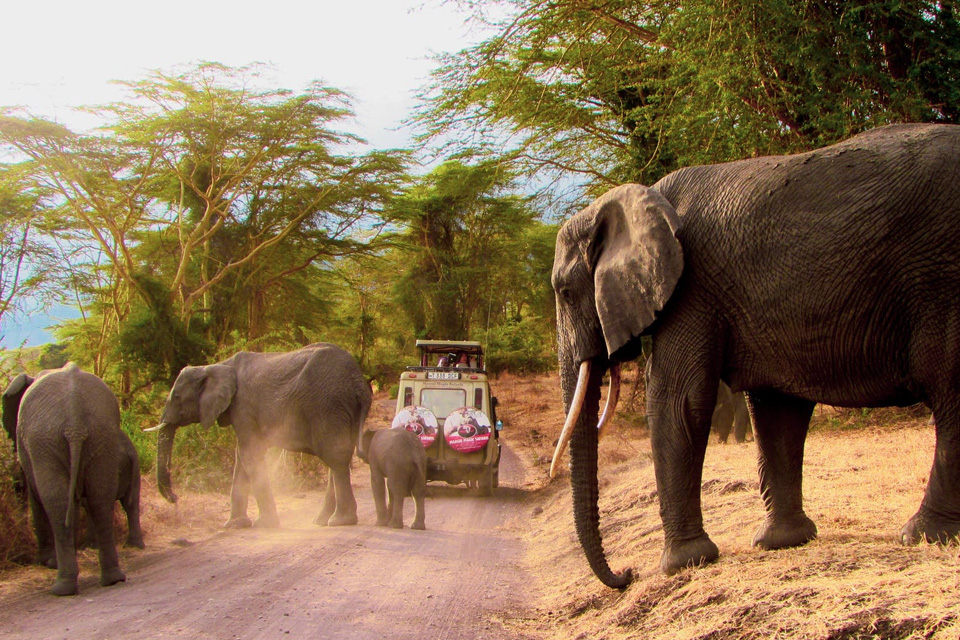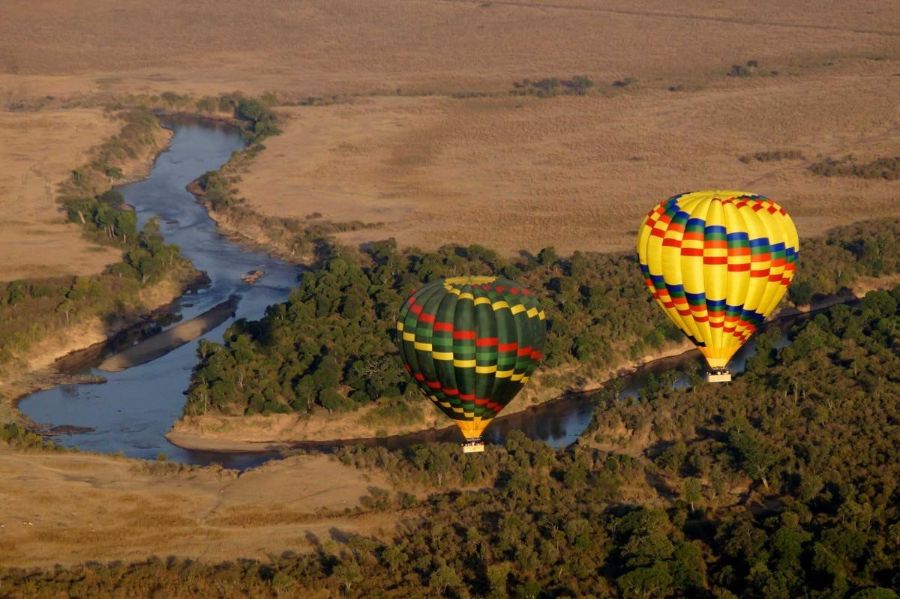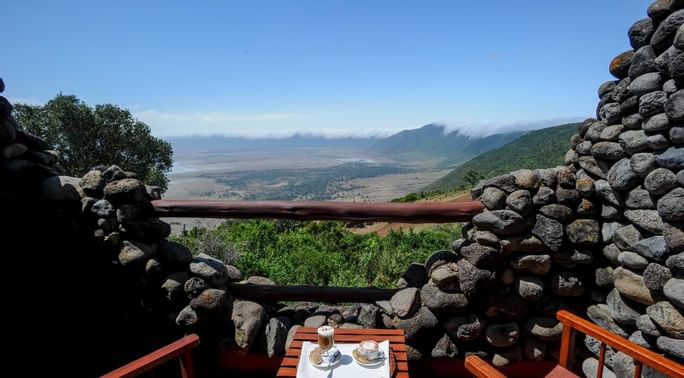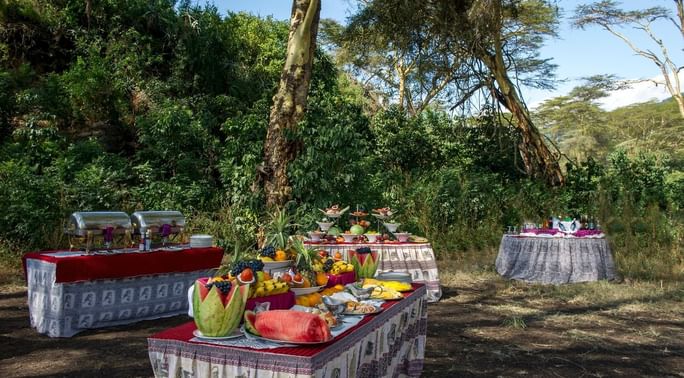Carbon Tanzania’s work leads to a reduction in carbon emissions by designing and implementing high-quality conservation projects that encourage local communities to manage their land and natural resources in a sustainable and economically smart way. More and more, companies are recognising that while we strive towards a zero-carbon future through reducing and replacing fossil fuels where possible, we need to pay to offset emissions that are still impossible to eliminate in the normal course of business and life.
On Nov 19th 2019, EasyJet, Europe’s leading low-cost airline, announced that it will offset all the emissions from its flights from now on, and many other companies from a variety of industrial sectors are beginning to fall into line in the same way – the fashion industry, oil and gas companies, vehicle manufacturers; the list goes on.
The world needs carbon offsets – for now.
Offsetting has received some high-profile attention recently, especially in the light of Greta Thunberg’s calls for actions to address climate change, and the demand for carbon offsets by both individuals and companies is soaring. The airline and oil and gas industries have committed to invest in nature-based solutions by buying or creating land-based offsets. If you want to find out more about the ins and outs of this issue, a recent blog from our friends at Ecosystem Marketplace is a good place to start.
it is important to purchase offsets from reputable, high-quality projects that most importantly are internationally certified by a third-party verifier.
The main critique of offsetting is that is does not lead to genuine carbon emission reductions, or that it is hard to know where the money paid for the offset credit is being spent. It is true that not all projects that aim to reduce emissions, or to sequester carbon, are equal. So it is important to purchase offsets from reputable, high-quality projects that most importantly are internationally certified by a third-party verifier. There are a few very robust international standards these days that ensure that projects are having the effects and impacts that they claim to have, including the Gold Standard, Verra’s VCS-CCB and the Plan Vivo Foundation. All are strongly founded in science and guarantee that the projects are monitored and measured in rigorous and accountable ways. The process of verifying a project is very thorough and means that the project developer is forced to scrutinise their plans and processes in detail, thereby promoting only those projects that are implementing well thought out activities that lead to genuine carbon reductions.
Reducing and replacing the carbon impacts from your lifestyle, or your company operations, is still very much the first and most crucial step in moving towards a low or zero-carbon economy. But in the meantime, offsetting these emission that we all make with impactful land-based projects is the best way to ensure that natural forests are a healthy carbon sink now and into the future, and can continue to play their critical role in stabilising the global climate and so providing a life-support system for all human societies.
Written by Jo Anderson – Carbon Tanzania Co-Founder
Source: https://www.carbontanzania.com/carbon-offsets-and-their-role-in-moving-toward-a-zero-carbon-economy/
